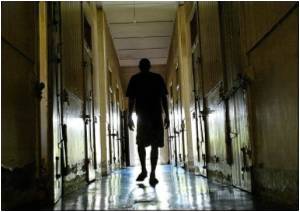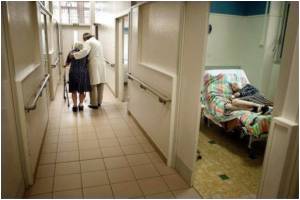
A team of researchers led by Dr. Hannah Day of the University of Maryland School of Medicine examined two years of data from the university's 662-bed medical center. They found that patients who were placed on contact precautions at some point after admission to the hospital were 1.75 times more likely to develop delirium. However, patients on contact precautions starting at admission were no more likely to develop delirium. That finding, the researchers say, suggests that it may not be the precautions themselves causing delirium.
"Patients in our study who were placed on contact precautions later in their hospitalization were generally sicker than those who were on contact precautions from the outset," said Dr. Day. "So it's possible that the underlying illness rather than the precautions themselves is responsible for the association with delirium."
"Regardless of cause, we hope clinicians will view a move to isolation as a marker for increased risk of delirium and take appropriate precautions."
Dr. Day and her colleagues say patients on contact precautions should be educated about the reasons for and the goals of the intervention so they might be more comfortable with it. Clinicians should also take extra care to monitor medications and try not to interrupt patients' sleep patterns. In addition, isolation rooms should have clocks, calendars, and other orienting objects to help avoid sensory deprivation.
Source-Eurekalert









